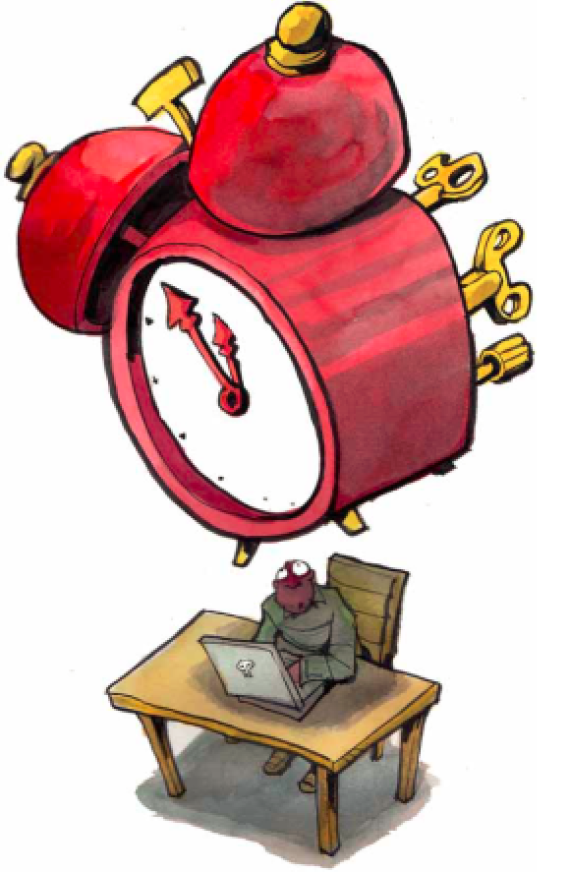University staff salaries will increase by two percent in 2015, followed by one percent in 2016. And all employees (except for student assistants) will get a one-off payment of 350 euros on 1 June 2016. Representatives of both the Association of Universities (VSNU) and the unions say they are pleased with the result. In addition to the pay increase, the negotiators also agreed to set a limit to the number of temporary and flexible contracts.
The basic principle is that ‘jobs and employment contracts will be permanent if the work is structural and the candidate suitable.’ Only one specific target is mentioned in the agreement: the aim is to reduce the share of temporarycontracts shorter than four years for professors, assistant and associate professors and lecturers to less than 22 percent. Statistics from February 2014 show that Wageningen University largely meets that target already. The exception is staff who have recently become assistant professors (scale UD2), where about 62 percent are on temporary contracts.
Not just for show
It varies from university to university how much they have to do to meet these goals, says Association of Universities spokesperson Bab- ak Mohammadzadeh. ‘But all universities will have to make some changes. This agreement is not just for show.’ The trade unions see the result mainly as a first step. ‘We think this is a good start to curbing the increasing use of flexible contracts in universities,’ says Jan Boersma, negotiator on behalf of the Abvakabo union. There is no prospect of more permanent contracts for PhD candidates and postdocs, who form the majority of flexible employees. But they will be entitled to ‘time and training’. In addition, univer- sities will ‘actively help PhD candidates find jobs’. DLO staff at Wageningen UR have their own collective labour agreement. The negotiations for that agreement broke down last month and the unions are now considering industrial action.
Image: Henk van Ruitenbeek

